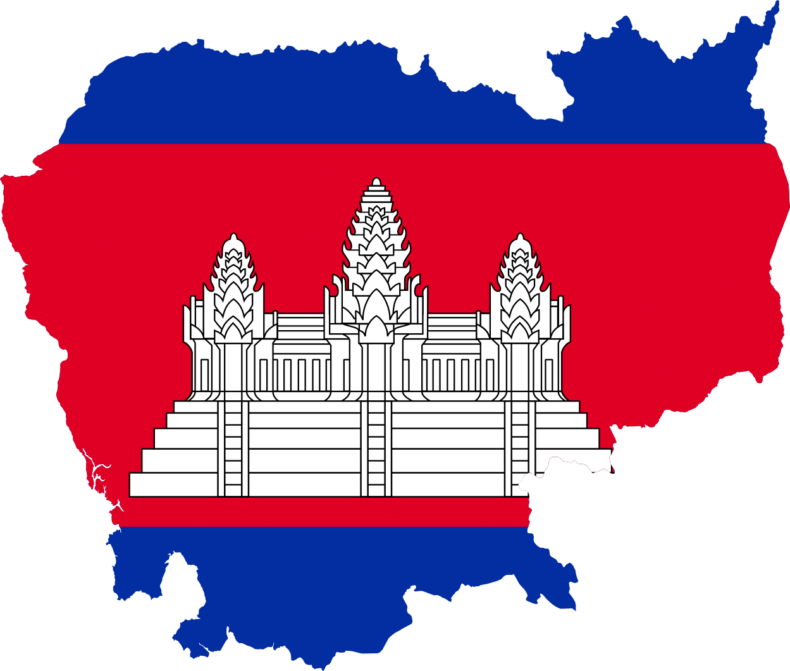Following a three-year trial in which the judge determined that Kem Sokha’s electoral campaigning and civil society work were intended to promote a “colour revolution,” the head of the Cambodian opposition was found guilty of treason and sentenced to 27 years under house arrest.
The former leader of the Cambodia National Rescue Party (CNRP) was informed by the Phnom Penh Municipal Court judge that he would be permanently barred from politics. He would not be permitted to meet anyone while being under home confinement besides his family.
Kem Sokha, the former head of the subsequently disbanded Cambodian National Rescue Party (CNRP), was also prohibited from running for office or casting a ballot in the election held in July.
Charges that he engaged in a plot to topple Prime Minister Hun Sen’s government, one of the longest-serving autocrats in power since 1985, were denied by him. His attorneys stated that he intends to challenge his treason verdict.
The court’s decision on Friday was sharply criticized by rights organizations and Western countries.
Based on a 2013 video in which Kem Sokha claimed to have help from US pro-democracy organizations, he was first detained in 2017.
The UN Human Rights Commissioner voiced his concern over the allegations and the trial’s procedures in favor of Kem Sokha’s release.
Though some think he intends to cede control to his eldest son, Hun Manet, others anticipate him to compete once more in the nation’s national election in July.
The Cambodian Supreme Court disbanded the CNRP, once thought to be the only real challenger to the governing Cambodian People’s Party, two months after Kem Sokha’s arrest in 2017.
Numerous party leaders were charged with treason the year before, some of them in absentia, adding to the pressure on the opposition before polls.
Hun Sen commanded the closure of one of the few independent local news organizations in the nation last month after objecting to a news story about his son.
According to Chak Sopheap, executive head of the Cambodian Center for Human Rights, Kem Sohka’s trial served as an example of the terrifying condition of the government control of the judicial system.
The use of the legal system to harass Hun Sen’s opponents knows no bounds,” according to Amnesty International.
The claims, which Kem Sokha refuted, were “fabricated conspiracy theories,” according to US ambassador W. Patrick Murphy.
Human Rights Watch’s Phil Robertson, the deputy Asia director, claimed that Hun Sen had used the prosecution against Kem Sokha as a ruse to silence the main opposition figure in Cambodia and overthrow its political system.













